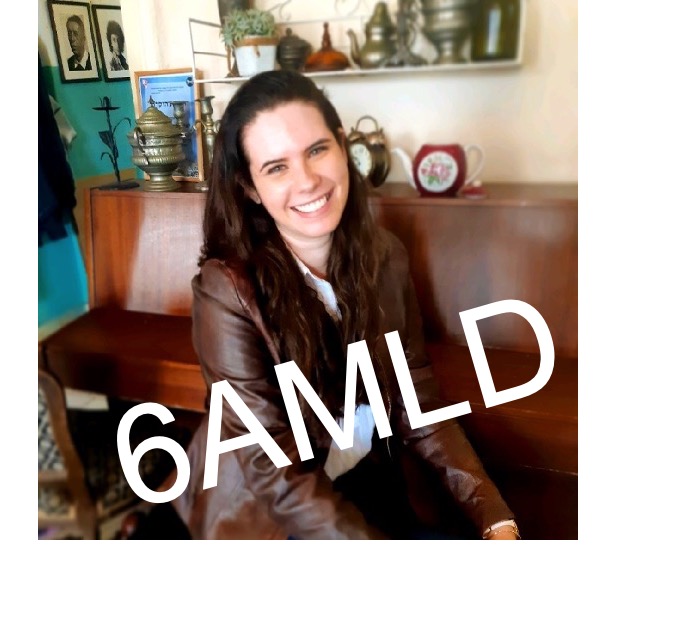The export industry, as part of its on-going battle against the current pandemic and global trends, is facing a new regulatory hurdle. This blind spot, 6 AMLD, an EU Directive that effects not only the financial and banking industries, but also the export industry as a whole.
6 AMLD dictates that enhanced due diligence is needed in the high risk industries, such as the export industry. It is possible to deduct that 6 AMLD creates a new regulatory framework, in which enhanced due diligence is needed when assessing the compliance, both on the banking level in regards to letters of credit and bills of lading.
Cargo companies, export institutes and even the classical banking industry needs to take this into account when accepting or issuing documentation to the compliance teams of the banks, and in certain cases, electronic money institutions (hereinafter- EMIs).
The typical documentation that is needed in cases of letters of credit, that are released in cargo commerce, such as certifications of the goods, full set of bill of lading, the sale purchase agreement (SPA) and insurance. Yet, these documents not only need to reviewed by the compliance teams, up to five business days once received, and in many instances the compliance teams are not able to keep up with the UCP 600 standards. In addition, the new OFAC and 6AMLD regulatory conditions have set a new regulatory standard which have raised the level of compliance for fraud detection and AML activities.
The most beneficial method of enabling the on-boarding of export companies and their respective letters of credit, will be maintain a strong and sound compliance team which is aware and trained to the new conditions of 6 AMLD and OFAC in order to facilitate the on-boarding process.
It is in this day and age that export companies need to pay specific attention to AML and export compliance. 6 AMLD, which entails black-listing and ceasing of activities in the EU, in cases of non-compliance. The new regulatory framework of the EU for prevention of money laundering- 6AMLD, shall not only reflect and impact the financial spheres, it shall effect the export, defense, art and corporate services realm as a whole.
It is then advised that banks and EMIs which work with letters of credit and bills of lading should adhere to the new regulatory framework in the EU for AML, in order to prevent blacklisting and non-compliance with the enhanced framework.
.
Ella Rosenberg, LLM, Chief Instructor, program coordinator.






